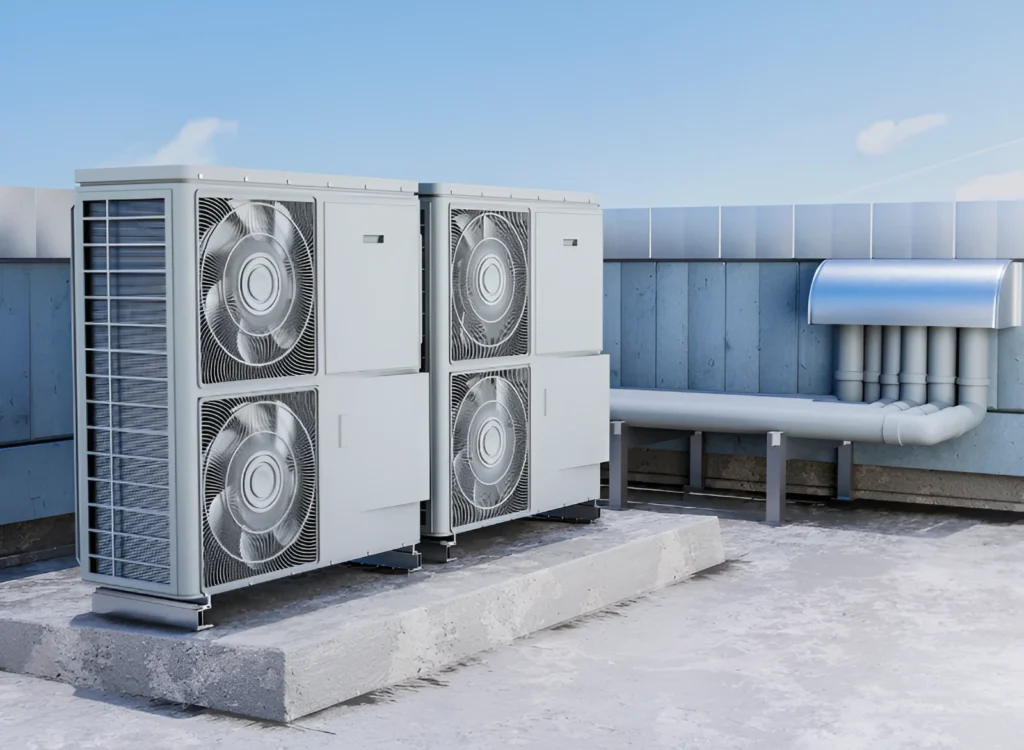As summer temperatures rise and fluctuate, having a reliable air conditioning system is more important than ever for maintaining indoor comfort. But even the best-maintained units eventually lose efficiency and struggle to meet cooling demands. Knowing when to replace your air conditioning system—and understanding the benefits of upgrading—can save you money, improve comfort, and reduce environmental impact.
Signs It’s Time to Upgrade Your AC System
1. Frequent Breakdowns
If your air conditioner seems to break down every season, requiring costly repairs, it’s a clear indicator that the system is nearing the end of its lifespan. At this point, investing in a new unit is often more cost-effective than continuously patching up an old one.
2. Rising Energy Bills
Older air conditioning systems consume more energy as they age, even with regular maintenance. If your electricity bills are climbing despite consistent usage, your system may be running inefficiently. Typically, units over 10 years old show a noticeable decline in energy performance.
3. Inconsistent Cooling
Uneven temperatures across different rooms suggest your AC system is struggling to distribute air properly. Newer models are designed with advanced features like programmable thermostats and zoning options, ensuring balanced and consistent cooling throughout your space.
4. Age of the System
Most air conditioning systems last between 10 to 15 years. If your unit is within or beyond this range, replacing it with a modern, energy-efficient model is a smart choice. Today’s systems are far more advanced, offering eco-friendly refrigerants, smart controls, and significantly better performance.
Why Upgrading Your AC System Makes Sense
Improved Energy Efficiency
Modern systems are engineered to use less energy while delivering superior cooling. This not only lowers your utility bills but also supports sustainability efforts, helping to reduce carbon emissions and support the global goal of achieving net zero by 2050.
Better Cooling Performance
Newer units deliver consistent, reliable comfort even during peak summer months. They are designed with advanced technologies that adapt to your home or office’s specific cooling needs, offering maximum efficiency and comfort.
Enhanced Indoor Air Quality
Many new AC systems feature improved air filtration, which removes allergens, dust, and pollutants. For individuals with respiratory conditions such as asthma, this can make a noticeable difference in indoor comfort and health.
Reduced Environmental Impact
Older systems, especially those manufactured before 2010, may use R22 refrigerant, which has been banned due to its harmful effects on the ozone layer. Upgrading to a modern system ensures compliance with environmental standards and allows you to use eco-friendly refrigerants.
Increased Property Value
If you plan to sell your property, a new, efficient air conditioning system can be a valuable selling point. Eco-conscious buyers often look for homes equipped with modern, energy-efficient HVAC systems.
Final Thoughts
Upgrading your air conditioning system is more than just replacing an old unit—it’s an investment in comfort, efficiency, and sustainability. By recognizing the signs of decline and making the switch, you’ll enjoy lower energy costs, better indoor air quality, and a system that keeps up with modern environmental standards.

